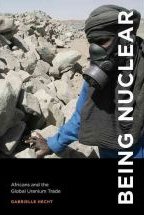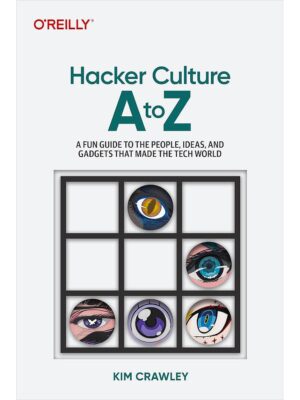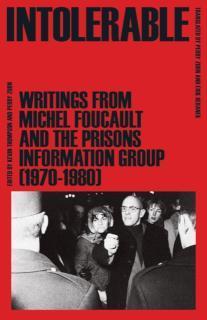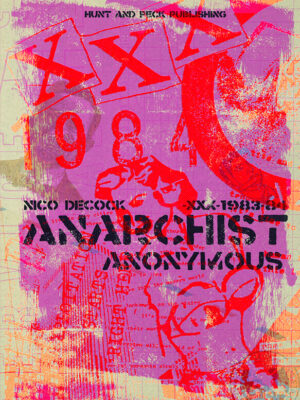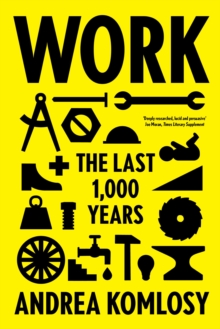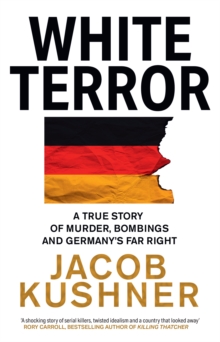Let op! Om diverse redenen kan de voorraad die hier op de website wordt getoond soms niet overeenkomen met de werkelijk aanwezige voorraad in de winkel.
Being nuclear
€28.10
Uranium from Africa has long been a major source of fuel for nuclear power and atomic weapons, including the bomb dropped on Hiroshima. In 2002, George W. Bush claimed that Saddam Hussein had “sought significant quantities of uranium from Africa” (later specified as the infamous “yellowcake from Niger”). Africa suddenly became notorious as a source of uranium, a component of nuclear weapons. But did that admit Niger, or any of Africa’s other uranium-producing countries, to the select society of nuclear states? Does uranium itself count as a nuclear thing? In this book, Gabrielle Hecht lucidly probes the question of what it means for something–a state, an object, an industry, a workplace–to be “nuclear.” Hecht shows that questions about being nuclear–a state that she calls “nuclearity”–lie at the heart of today’s global nuclear order and the relationships between “developing nations” (often former colonies) and “nuclear powers” (often former colonizers). Nuclearity, she says, is not a straightforward scientific classification but a contested technopolitical one. Hecht follows uranium’s path out of Africa and describes the invention of the global uranium market. She then enters African nuclear worlds, focusing on miners and the occupational hazard of radiation exposure. Could a mine be a nuclear workplace if (as in some South African mines) its radiation levels went undetected and unmeasured? With this book, Hecht is the first to put Africa in the nuclear world, and the nuclear world in Africa. Doing so, she remakes our understanding of the nuclear age.
Auteur: Hecht, Gabrielle Jaar: 2012 ISBN: 9780262017268 Pagina's: 408 Taal: English Uitgever: MIT Uitgever stad: Cambridge Verschijningsdatum:

